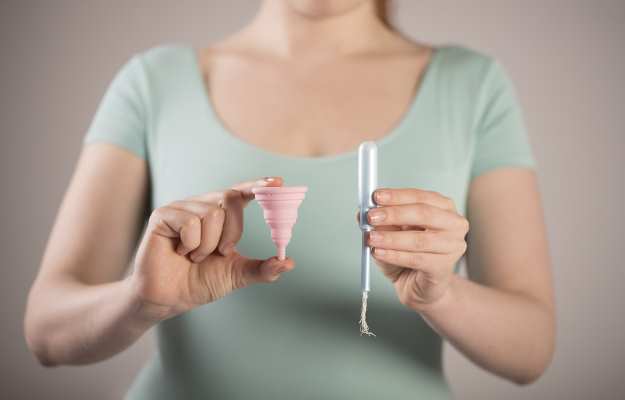Women can have around 450 periods in a lifetime. Each of these monthly cycles is accompanied by some common discomforts like stomach gas, bloating and flatulence.
Much of this can be attributed to hormonal changes. Here’s what happens:
- The levels of estrogen rise in the body during the first phase of the menstrual cycle: estrogen helps to release and prepare the egg for fertilization. In the second phase, progesterone levels rise and help to prepare the uterus lining for implantation (when a fertilized egg attaches to the womb). If and when an egg (ovum) is not fertilized and implanted in the uterus, menstruation occurs. And the levels of progesterone and estrogen in the body drop drastically.
Research has shown that sex hormones affect the fluid and electrolyte balance in the body. During periods, the changing sex hormone levels cause the body to retain water and salt, which results in bloating. - The uterus also produces prostaglandins which are responsible for the contractions which help to shed the thick uterus lining and blood during periods.
Research has shown that prostaglandins may protect the stomach and gut, but they can cause watery diarrhoea as a side-effect, too.
The hormonal changes in the body just before and during menstruation cause the body to hold onto water and salt and slow down peristalsis (the contraction-like movements of the intestine to move food along). This is what leads to the feeling of a distended stomach, gassiness, bloating and other gastrointestinal (GI) issues just before and during periods.
While uncomfortable, bloating during periods is nothing to worry about. Read on to know all about bloating during periods.

























